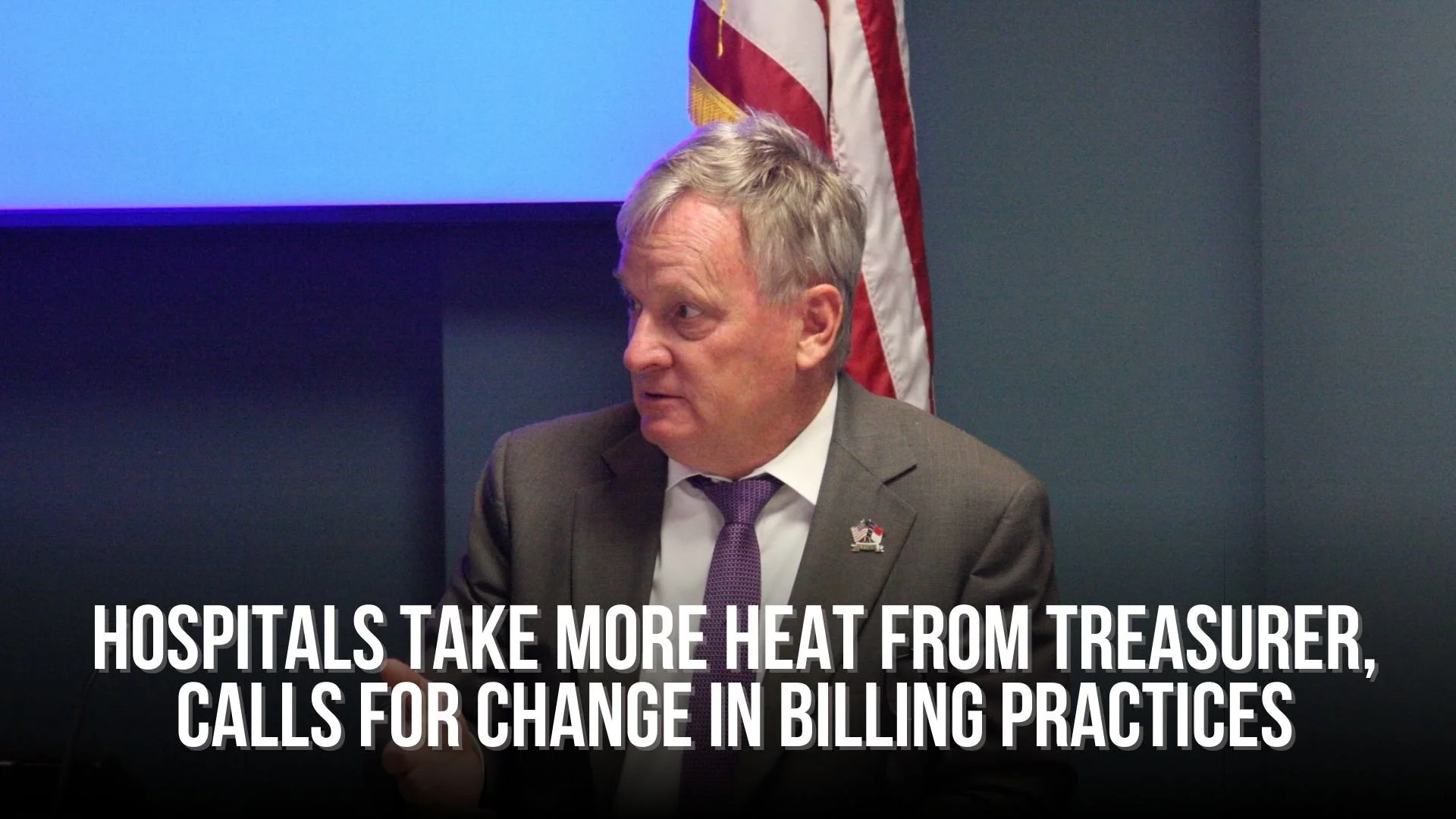The best interests of North Carolina taxpayers and retirees will be served through legislative passage of House Bill 750, which requires investment decisions to be made on the basis of the highest financial returns, not social and political 'wacktivism,' State Treasurer Dale R. Folwell, CPA, said after the House and Senate voted to override Gov. Roy Cooper’s veto of the measure.
All tagged treasurer folwell
Treasurer Folwell Expresses Support for House Bill 201
State Treasurer Dale R. Folwell, CPA, announced today his support for House Bill 201, the Retirement Administrative Changes Act. The bill makes administrative and conforming changes to the retirement systems. Of particular importance to the Retirement Systems Division (RSD) is the ability to negotiate recoupment of overpayments with plan beneficiaries.
Treasurer Folwell exposes N.C. nonprofit hospitals’ extravagant Executive Pay
Groundbreaking report concludes nonprofit hospitals paid top executives over $1.75 Billion in the past decade, doubling CEO compensation faster than previously thought.
Treasurer Folwell says state benefiting from legislature's low tax, disciplined spending policies
North Carolina has a stronger economic outlook than 48 other states because it is controlling spending and lowering taxes, according to a key annual report issued by the American Legislative Exchange Council (ALEC).
Hospitals take more heat from Treasurer, calls for change in billing practices
State Treasurer Dale Folwell is once again sounding the alarm on some nonprofit hospitals in the state, with a new report that shows low-income patients are being billed when they were eligible for charity care. This comes on the heels of a similar report released in October by Folwell, who oversees the State Health Plan for government employees, the largest health insurance plan in the state.
Local Government Commission dissolves troubled town of East Laurinburg
The town of East Laurinburg will cease to exist as an incorporated municipality after June 30, 2022. The Local Government Commission (LGC) voted unanimously Tuesday, Dec. 7, to dissolve the beleaguered Scotland County town, exercising for the first time new statutory power to revoke charters of local governments that are in fiscal distress and unable to sustain operations.
Treasurer Folwell Asks Gov. Cooper Not to Use CARES Money to Extend Extra Unemployment Benefits
Additional federal unemployment benefits are scheduled to expire on Sept. 6, as the pandemic emergency employment compensation and pandemic unemployment assistance programs are ending. These programs are paying an additional $300 a week to eligible unemployment applicants. Many feel that the extra payments are preventing people from returning to work. In fact, a majority of states have already ended the extra benefit for workers prior to the programs’ termination next week.







